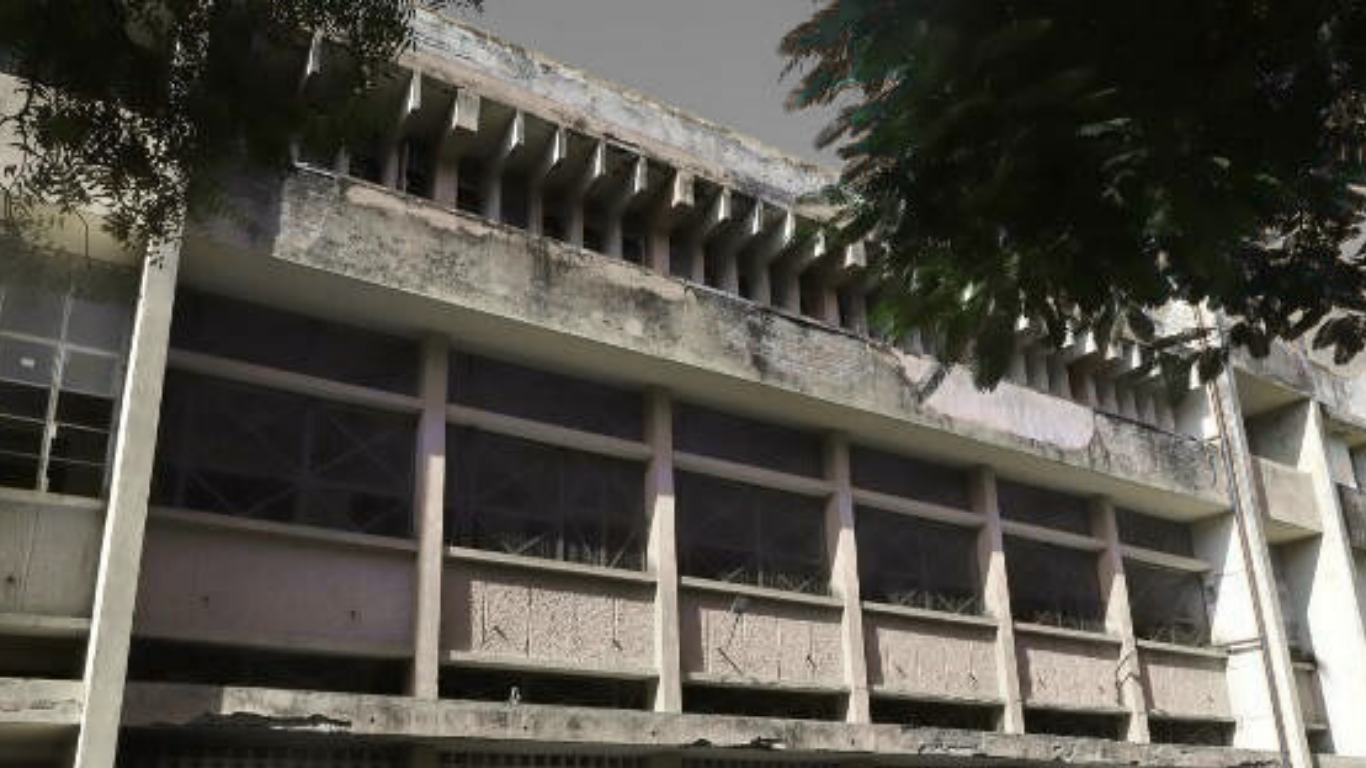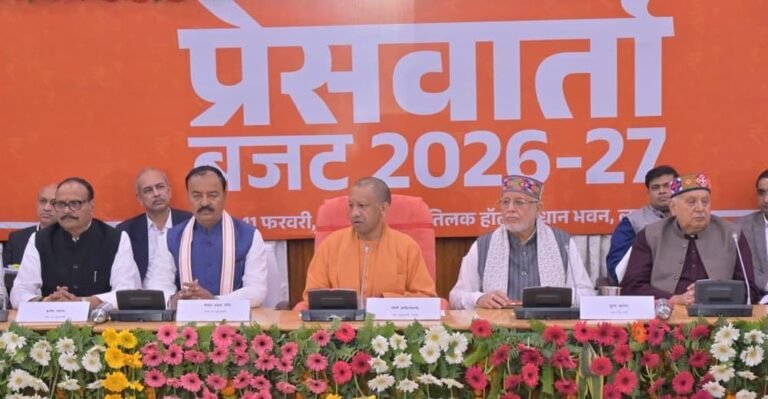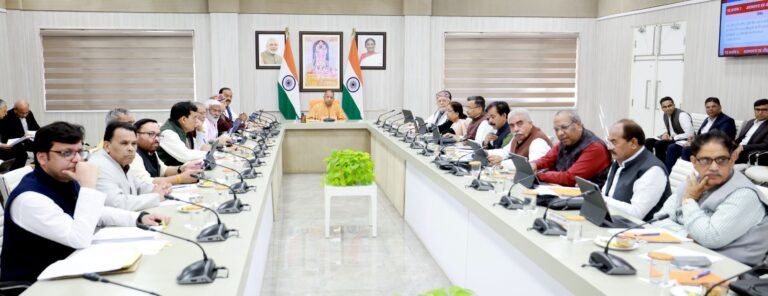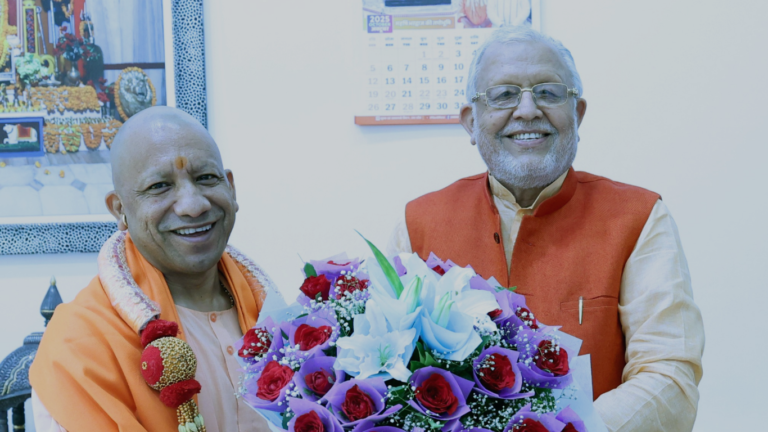
The District Court Meerut stands as one of the most prominent legal institutions in western Uttar Pradesh. Situated in the heart of Meerut city, the court is responsible for handling civil, criminal, family, and revenue-related cases for the district. For decades, this court has been a symbol of justice and law for the people living in Meerut and nearby areas.
Being one of the oldest and busiest district courts in the region, it plays a key role in upholding legal rights, resolving disputes, and delivering timely judgments. Whether it is a property matter, a criminal trial, or a family dispute, thousands of people visit this court every week seeking justice. Lawyers, judges, litigants, police officials, and clerks work together here, keeping the wheels of justice moving.
The court is not only a place of legal proceedings but also a space where people’s trust in the legal system is tested and upheld. With its historical presence and continuing importance, the District Court of Meerut holds a strong place in the district’s governance.
Historical Significance of District Court Meerut
The roots of the District Court Meerut go back to the British colonial period. As Meerut was one of the first cities where the 1857 revolt sparked, the British government developed administrative and judicial systems here early on. The district court became a vital part of this system, helping the administration maintain law and order.
Over the years, the court has witnessed several landmark cases, legal reforms, and political changes. Some of the finest legal minds have practiced here before moving on to higher courts in Allahabad or Delhi. The old colonial architecture of the court buildings still stands, representing a mix of history and heritage.
Many of the chambers and halls in the court premises have been in use for decades. The court has been upgraded over time to accommodate growing workloads and technological needs, but it still retains its old charm. Legal awareness camps and Lok Adalats are also held from time to time, showing how the court continues to evolve with the times.
Today, the District Court Meerut is not just a part of the judiciary, but also a living piece of history that connects the past with the present.
Structure, Departments, and Case Types
The District Court Meerut functions under the supervision of the District and Sessions Judge. It has multiple departments and special courts to deal with various kinds of legal matters. The structure of the court is organized and follows the standard framework laid down by the Indian judiciary.
Here are some of the major types of courts and cases handled:
-
Civil Courts: These deal with land disputes, rent issues, property division, and contract-related cases.
-
Criminal Courts: These handle cases like theft, assault, murder, domestic violence, and others under the Indian Penal Code (IPC).
-
Family Court: This court looks into divorce, child custody, maintenance, and marriage disputes.
-
Juvenile Justice Board: Deals with offenses involving minors.
-
MACT (Motor Accident Claims Tribunal): Looks into compensation cases related to road accidents.
-
Special Courts: For SC/ST cases, POCSO Act, NDPS cases, and fast-track cases.
Each courtroom is assigned to a judicial officer or magistrate, who oversees the hearings and delivers judgments as per law. The court also has administrative wings to manage case listings, document verification, filing of petitions, and maintaining records.
With the introduction of e-court services, many facilities like case status, hearing dates, and court orders are available online, making the system more transparent and accessible for the public.
Life Around the Court – Lawyers, Litigants, and Daily Activity
A typical day at the District Court Meerut starts early. From 9:30 AM, you will find lawyers in black coats hurrying toward their courtrooms, clients waiting anxiously in corridors, police vans arriving with undertrial prisoners, and clerks moving bundles of case files from one office to another.
The court premises are always busy. Hundreds of people come here every day — some seeking justice, others providing it. Lawyers’ chambers, typists, affidavit vendors, stamp paper sellers, and small tea shops surround the court complex, creating a unique ecosystem.
The Bar Association of Meerut is quite active and has a strong presence. Many reputed lawyers practicing here have years of experience and are well-respected in legal circles. Junior advocates learn the nuances of law under senior counsels, making it a space of continuous learning and mentorship.
Litigants often describe the court as a place where emotions run high — some feel hopeful, others frustrated, but most believe in the power of the system. Delays and adjournments are common concerns, but legal aid cells and government schemes are helping bridge the gap between law and the common man.
How to Access Services at District Court Meerut
If you need to approach the District Court Meerut for any legal issue, here’s a simple guide to help you:
-
Hiring a Lawyer: Choose an experienced lawyer who specializes in your type of case — civil, criminal, or family-related. The Bar Association office can guide you in finding one.
-
Filing a Case: Your lawyer will prepare the required documents, petitions, and affidavits. You’ll need valid ID proof, evidence, and sometimes witnesses.
-
Case Status and Hearings: Once filed, you can check the case number and hearing dates on the ecourts.gov.in portal or mobile app.
-
Legal Aid: If you cannot afford a lawyer, you can apply for free legal aid at the District Legal Services Authority (DLSA), which operates inside the court.
-
Lok Adalat and Mediation: For quicker resolutions, you can opt for Lok Adalat or the mediation center, especially in cases like family disputes or small civil claims.
The court has public counters where you can get certified copies of judgments or file RTI applications related to court procedures.
Conclusion – District Court Meerut and the Promise of Justice
The District Court Meerut is not just a building where laws are interpreted — it’s a place where truth is fought for, rights are protected, and justice is served. For the people of Meerut and surrounding areas, it is a crucial institution that affects lives, property, relationships, and society at large.
Like any other Indian court, it faces challenges — from pendency of cases to infrastructure gaps — but it also represents hope and the idea that justice, though sometimes delayed, is never denied. With increasing digital access, better awareness, and dedicated legal professionals, the court continues to serve the district with commitment and integrity.
If you ever walk past its historic gates, pause for a moment. Inside those walls are stories of courage, conflict, resolution, and above all — belief in justice.



